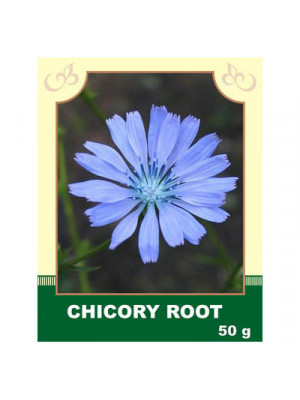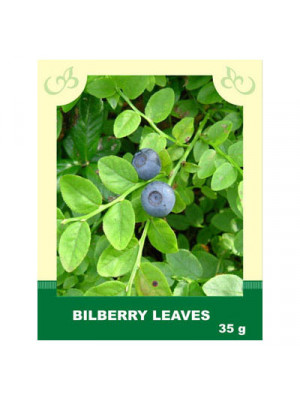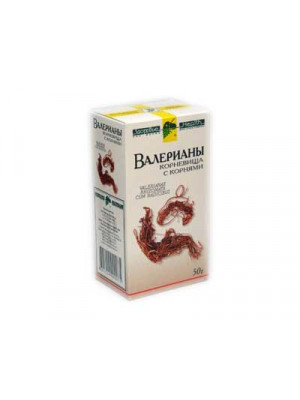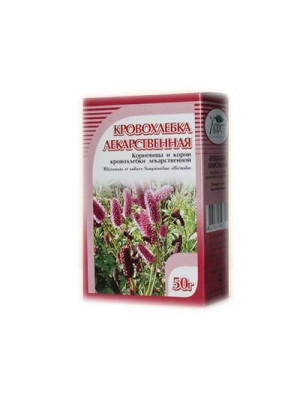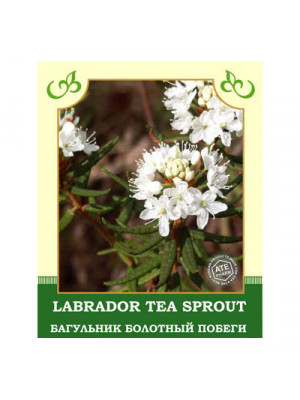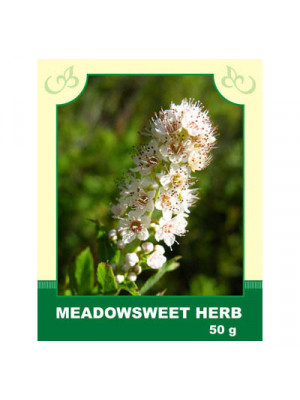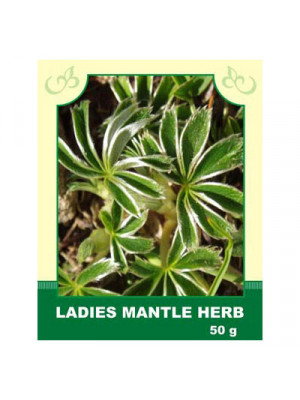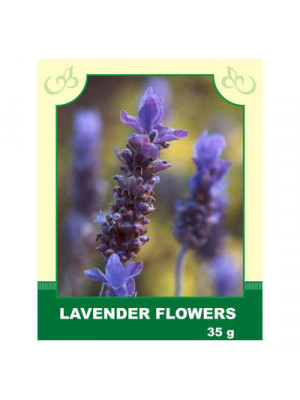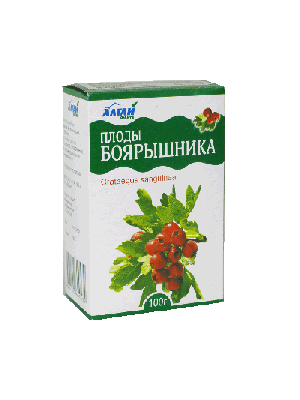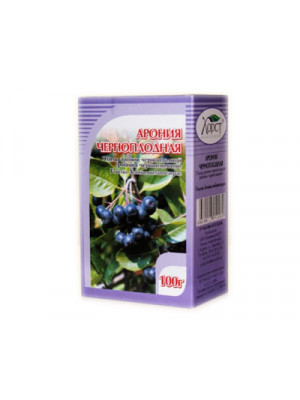Herbs
Internally: Has a beneficial effect on the state and efficiency of the nervous system. Chicory root improves the functioning of the gastrointestinal tract, urinary system, and contributes to lowering blood sugar levels. Enhances metabolism, significantly reducing body weight.
Method of application and doses: Grind into powder, pour 1 teaspoon with cold water (200 ml), and put it on the heat. Bring to a boil, infuse for 5-10 minutes. It is recommended to take one-third of a glass before breakfast, lunch, and dinner.
Contraindications: Individual intolerance.
$6.99Internal use: Infusion of leaves lowers blood sugar levels and promotes the dissolution of kidney stones in diabetes.
Method of application and dosage: 2 tablespoons of raw material are poured with 400 ml of boiling water, infused for 2 hours, and taken in 1/2 cup 4 times a day before meals.
External use: Used as an enema for hemorrhoids. 60 g of raw material is poured with 1 liter of boiling water, boiled in a water bath for 30 minutes, infused at room temperature for 10 minutes, and strained.
Contraindications: Individual intolerance, overdose, and prolonged use.
$6.99- Valerian has been used as a sleep aid for over 1,000 years. This herb is a native plant both of Europe and North America. Valerian roots are often prepared in tea form, and in doing so they should not be prepared with boiling water, as this may drive off the lighter oils. Its ability to help relax the central nervous system, promote feelings of calm, decrease levels of anxiety and stress, and enhance sleep are known to millions the world over. Unlike some prescription sleep aids, valerian is not known to cause morning grogginess and is non-addictive.$7.99
Description. The properies of Labrador Herb are analgesic, blood purifier, diaphoretic, diuretic, narcotic, pectoral, poultice, salve, tonic. The herb yields its virtues to hot water or to alcohol. It is useful in coughs, dyspepsia, and irritation of the membranes of the chest. An infusion has been used to soothe irritation in infectious, feverish eruptions, in dysentery, leprosy, itch, etc. The strong decoction, as a wash, will kill lice. The leaves are also used in malignant and inflamed sore throat. Use. In modern herbalism it is occasionally used externally to treat a range of skin problems. A tea is taken internally in the treatment of headaches, asthma, colds, stomach aches, kidney ailments etc. Externally, it is used as a wash for burns, ulcers, itches, chapped skin, stings, dandruff etc. An ointment made from the powdered leaves or roots has been used to treat ulcers, cracked nipples, burns and scalds. The plant is apparently a mild narcotic, it was taken by Indian women three times daily shortly before giving birth. You should be very careful about internal use of Labrador herb. The by-effects are irritability, dizziness, high excitability; and large doses may cause central nervous system depression.
Attention! Before using any herbal products, make sure that you have full knowledge of how the herb works and any adverse reaction it may cause.$6.99Internally, lovage is taken for the following purposes:
- As an anti-inflammatory, analgesic, and diaphoretic remedy for flu and high temperature;
- In gout, rheumatism;
- For hysterical seizures, severe stomach and intestinal pain;
- For hemorrhoids, dysentery, and worms;
- As a diuretic for kidney and bladder diseases;
- Effective in treating upper respiratory tract infections, skin conditions, headaches, suffocation, and heart diseases.
Method of administration and dosage: 3 tablespoons of finely crushed dry herb are infused in 250 ml of boiling water, heated in a water bath with the lid closed for 15 minutes, infused at room temperature for 45 minutes, strained, and consumed throughout the day in equal portions.
Externally, lovage is used for:
- Treating dermatosis, wounds, ulcers, and furuncles;
- For leucorrhoea, bites of snakes or rabid animals.
A ointment made from a powder of lovage roots, vaseline, and lanolin (in a ratio of 1:2:1) is used to lubricate affected areas in dermatosis and for rubbing in rheumatism.
Contraindications: Individual intolerance.
$6.99Taken internally:
It is used for the treatment of the following conditions:
- Acute and chronic bronchitis;
- Chronic gastritis with secretory insufficiency;
- Colitis;
- Enteritis;
- Diarrhea;
- Edema of renal and cardiac origin;
- Chronic pyelonephritis;
- Cystitis;
- Internal bleeding;
- Stomach indigestion;
- Intestinal bloating.
For diabetes, it helps maintain a stable normal blood sugar level without the use of any medicinal drugs.
Method of application and dosage: Infuse 2 teaspoons of dried, crushed herbs in 1 cup of boiling water, let it steep for 4 hours, strain. Take the infusion in amounts of 1/2 cup 2-4 times a day before meals. Consume for 2 months, then take a 10-day break.
External use:
- In gynecology for leucorrhea;
- For nasal congestion;
- For nosebleeds.
Contraindications: Individual intolerance.
$6.99Internally, lavender is taken as a sedative and calming remedy for migraines, neurasthenia, and tachycardia. It is also used as a diuretic and antispasmodic agent. Lavender helps normalize stomach acidity, increases appetite, lowers blood pressure, and promotes the flow of bile.
Method of application and dosage: 20 g of raw material is poured with 400 ml of boiling water, infused until cooled, and strained. It is taken in doses of 1/2 cup 3-4 times a day. Externally, it is used as a rubbing agent for inflammation of the middle ear and as an analgesic for headaches, dislocations, and sprains.
Externally, a tincture of the herb in sunflower oil is used for rubbing into affected areas: 1 part of the raw material is poured with 5 parts of unrefined sunflower or olive oil, infused for 1-2 months.
Contraindications: individual intolerance.
$6.99- Hawthorn is a plant very popular in Chinese and Japanese medicine. The plant is believed to strengthen cardiovascular function. Hawthorn is also used as an aid to lower blood pressure, lower cholesterol, and treat some heart related diseases. The herb called the hawthorn is one of the best herbs to boost the performance of the heart and the human circulatory system in general. Regular supplementation with this herb can thus help bring some balance blood pressure and it is considered to be excellent for heart.$6.99
- It is used in hypertension, atherosclerosis, diseases of the kidneys (glomerulonephritis), diabetes mellitus, hemorrhagic diathesis, kapillyarotoksikozah, radiation sickness. The fruits of chokeberry Aronia have hypotensive action. Aronia strengthens blood vessel walls. The leaves contain substances that improve liver function, promote education and the outflow of bile.$7.99


